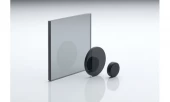Description
Glass Neutral Density filters attenuate light by absorption just like the gelatine neutral density filters. Glass ND Filters are more robust and tend to have more uniform absorption characteristics. They also attenuate by absorption and so care must be taken to avoid overheating. Attenuation is achieved by polishing glass to the correct thickness.
Knight Optical offers stock absorptive ND filters in 12.5mm and 25mm diameters, and 50x50mm squares manufactured from high quality glass. Each filter is available with blocking between 0.1 and 4.0 OD and are available to purchase direct from this page.
In addition to our stock absorptive glass ND filters, Knight Optical also offers an extensive custom optic service thanks to our many years of experience in the industry. We are able to supply ND filters cut to sizes and shapes to fit individual application and mount filters where applicable.
FNG2550 - Absorptive Glass Neutral Density Filters
Specifications
| Attenuator Type: | Absorptive |
|---|---|
| Shape: | Square |
| Size: | 50 mm |
| Optical Density: | 2.5 |
Features
- Mounting of diameters and squares.
- Antireflective coatings can be applied to one or both faces for improved transmission.
- Cutting down or edged to special shapes and sizes at short notice..
- Available in sets, supplied in a wooden storage box for research and laboratory use.
Applications
Neutral density filters are used in applications such as spectroscopy, machine vision, ellipsometry and photography.
Frequently Asked Questions
What are the features of Glass Neutral Density filters?
What is the difference between Glass ND filters and Gelatin ND filters?
What are the custom capabilities of Neutral Density filters?
What are Glass Neutral Density filters?
What are the applications of Neutral Density filters?
Similar Products
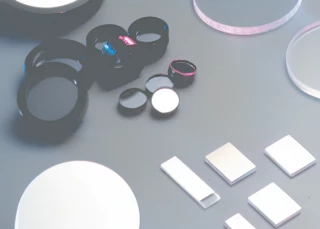
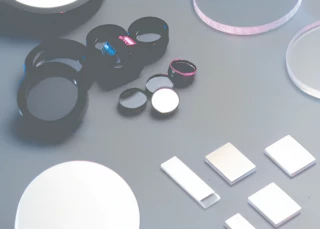
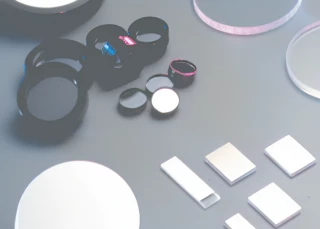
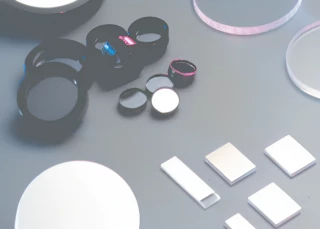
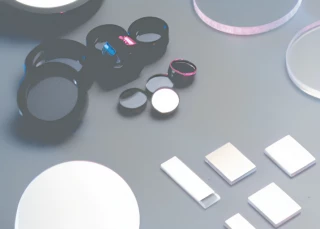
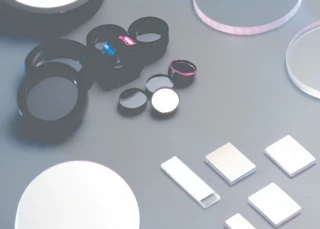
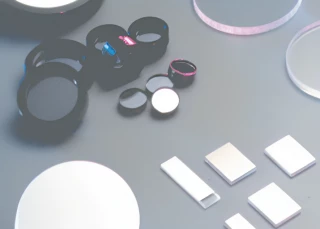
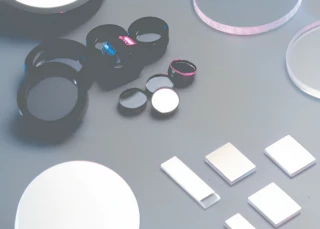
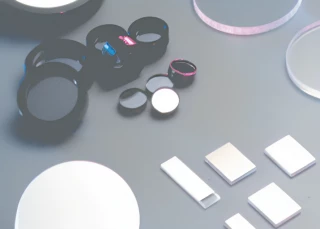
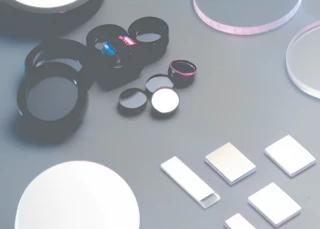
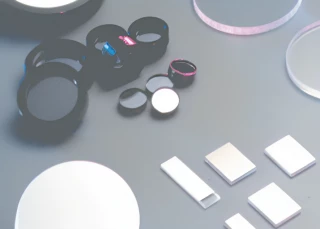
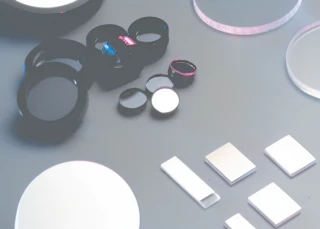
Your inquiry has been received.
Create an account by adding a password
Why create an account?
- Auto-complete inquiry forms
- View and manage all your past messages
- Save products to your favorites
- Close your account anytime — no hassle
